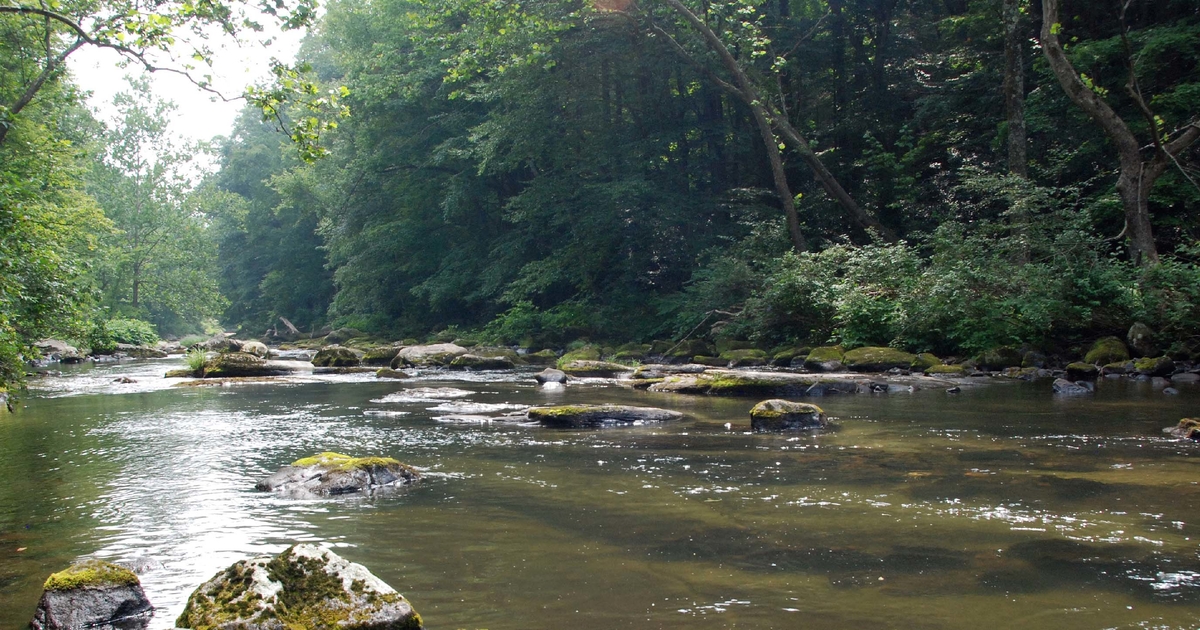Appalachian Laboratory | University of Maryland Center for Environmental Science
From the headwaters of the Chesapeake Bay, Appalachian Laboratory scientists conduct research on terrestrial and aquatic ecosystems throughout the world, with an emphasis on the rich and diverse environments of Western Maryland and the broader Appalachian region.| University of Maryland Center for Environmental Science

